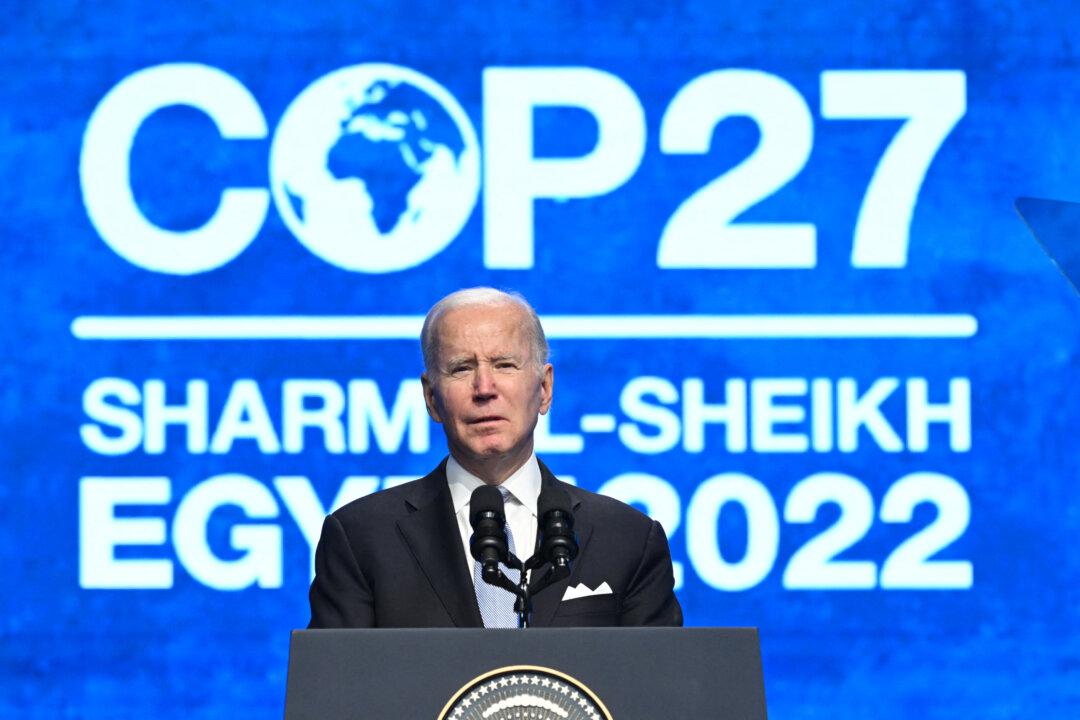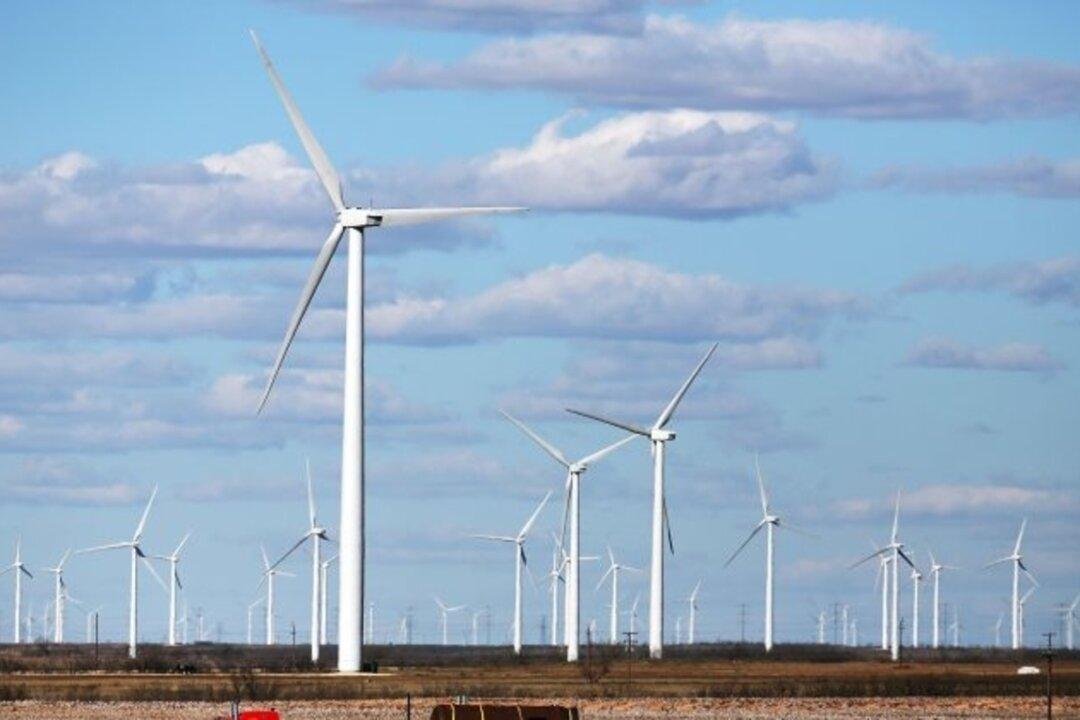Commentary
Feeling the heat from farmers dumping manure in front of government buildings across the continent, European Commission President Ursula von der Leyen is pumping the brakes on a pillar of the European Union’s net-zero climate policy and withdrawing an EU-wide bill that would force farmers to reduce the use of chemical pesticides by 50 percent by 2030.





